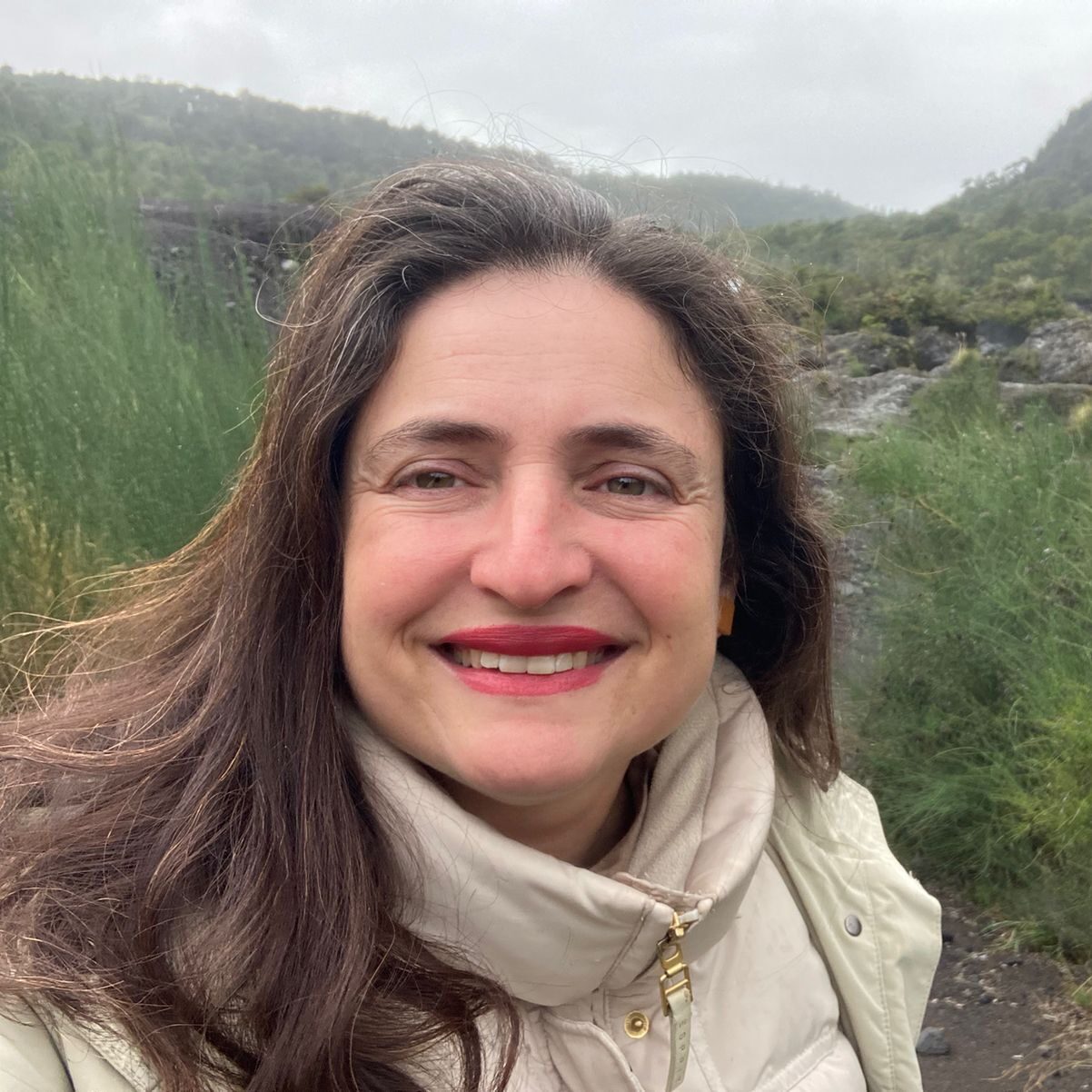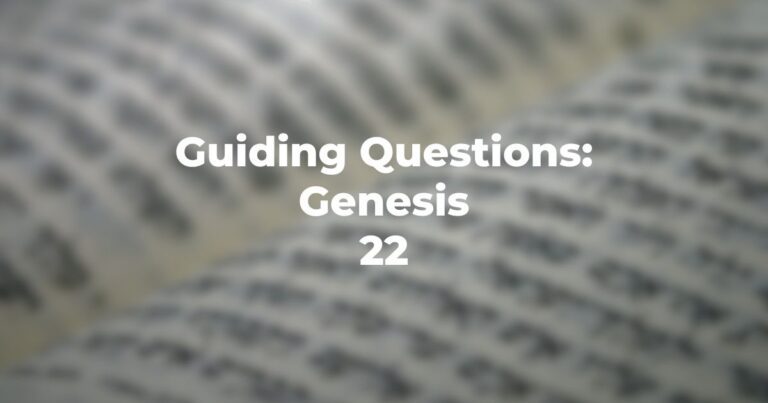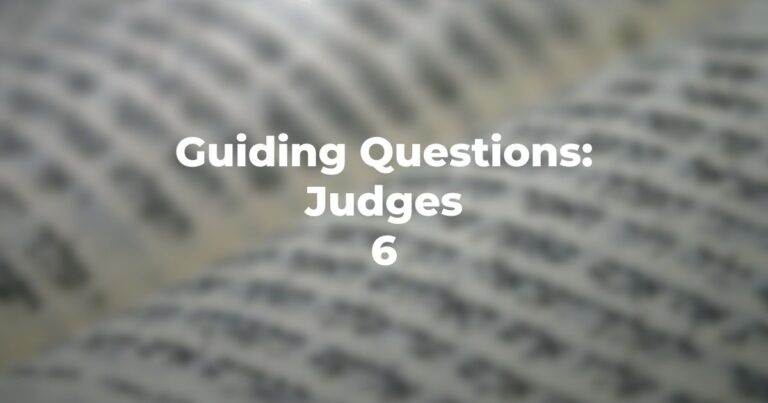Family ties and loyalty within the Jewish people are deep and significant. This collaborative social structure contributes to keeping alive the sense of peoplehood. These bonds are ancient and ancestral, as shown in parashat Lech Lecha, where the patriarch Abraham — here still named Abram — demonstrates his commitment towards his nephew, Lot; On the other hand, Sarah — here still named Sarai — shows in many ways, her love and loyalty to her husband.
This parashah highlights the most important moments of Abram´s adult life. In just a few pages we accompany him through several decades, facing challenges and moral dilemmas. It all starts when he leaves his homeland to follow a Divine calling. He leaves with his wife, and half-sister, Sarai and his nephew Lot, son of his paternal uncle.
The parashah reveals to us intricate layers of psychological conflicts and situations that give unexpected twists to the story and where the characters are faced to make decisions that will challenge their commitment with one another.
A Story of Love
After a few years in the land of Canaan, assigned by God for Abram and his descendants, drought and famine led him to emigrate to Egypt in search of sustenance. Our patriarch asks his wife, the beautiful Sarai, to lie to Pharaoh, saying she is just his sister. If Pharaoh wants to take her as his wife – a common feature of the times once entering someone’s land-, Abraham might be killed, in order to get her. She agrees to play that dangerous game, and as predicted, she is taken as a wife by the Pharaoh shortly after they arrive.
On the surface, Sarai’s surrender feels confusing and sexist. But there is a deeper lesson here, this act is a deep gesture of commitment to protect the life of someone Sarai loves. She’s not only obeying her husband, she is defying her fate and at the same time assuring their future.
The Pharaoh, upon discovering the truth, reacts with anger and fear of the G´d of Abram. He blames him for the bad luck he has been experiencing since he took Sarai as his wife. He interprets this as being punished for his involuntary sin of taking another man’s wife. Trying to revert his fate, Pharaoh showers Abram with wealth and asks him to leave his land.
Loyalty and Family
Years later, Abram is again faced with a situation that challenges his family loyalty and also ends up being rewarded by a king, but his response to the gifts is very different. Abram’s nephew Lot, who lived in Sodom, was taken prisoner in an attack. Abram decides to risk his life and the one of his people, and takes 318 men to go on the rescue of his nephew.
While there, he also rescues the women and goods stolen by the attackers, and returns the treasures to the King of Sodom. The king is grateful and wants to reward Abram for his bravery and help, but Abram rejects the offer to avoid the perception that only “the king made him rich.”
Why does a young Abram accept the payment from Pharaoh and a more mature Abram reject it from the King of Sodom? Is there a different sense of justice in one case and the other? Which is the code of honor that drives each situation?
In the first case, it was the Pharaoh who took something from Abram, and in the second case it was Abram who was returning something taken from the King of Sodom. But, in both cases, it was love and family bonds that motivate the actions during these events. Cultural boundaries may change over time, but the nature of human emotions have not changed and continue to define who we are.
Emotions, a Key of Human Nature
This story was written 2500 years ago and the events narrated are set in an even more distant past. Nevertheless, it remains so human, so universal, so full of errors and imperfections. This life story invites us to question our own relationships of love, loyalty, and family.
Time does not change the nature of humans: beings capable of love, commitment, jealousy, shame, and anger. We are beings with complex emotions, which evolve over the years; beings in search of meaning, willing to connect with a spiritual world beyond ourselves.
G´d Within Ourselves
This TorahRefers to the first five books of the Hebrew Bible, the Tanakh, also called the Five Books of Moses, Pentateuch or the Hebrew equivalent, Humash. This is also called the Written Torah. The term may also refer to teachings that expound on Jewish tradition. Read more portion begins with G’d speaking to an individual, but G´d does not speak only to special people like Abraham or Moses. G´d is not only reachable by prayer or by the rigorous fulfillment of mitzvot. There is an inner voice in each of us that pushes us to fulfill our own and unique destiny. That voice is the Divine presence that lives within us, that subtle whisper that we can hear deep in our hearts. It is the one that invites us, like Abram and Sarai, giving us that extra mile of strength to protect and secure our loved ones in challenging times.
In hard times for the Jewish People, after dark events that remind us too much of a past we believed was gone for good, the bonds of us as peoplehood remain alive. Lech Lecha, is an invitation to take the journey to listen to the Divine call, towards the ones we love, weaving the bonds of trust and loyalty. This call will guide us, in a world of uncertainty, on to the right path.
Author
-

Journalist. Msc. in Anthropology. She was a fellow in the first cohort of the Exploring Judaism's Writer's Fellowship. South American Rabbinical Student in Europe. Mother of two fantastic daughters. Love to practice yoga, meditate and to cook for family and friends. Currently doing research on food & identity for Phd on Jewish Theology at Paderborn University, Germany.
View all posts






